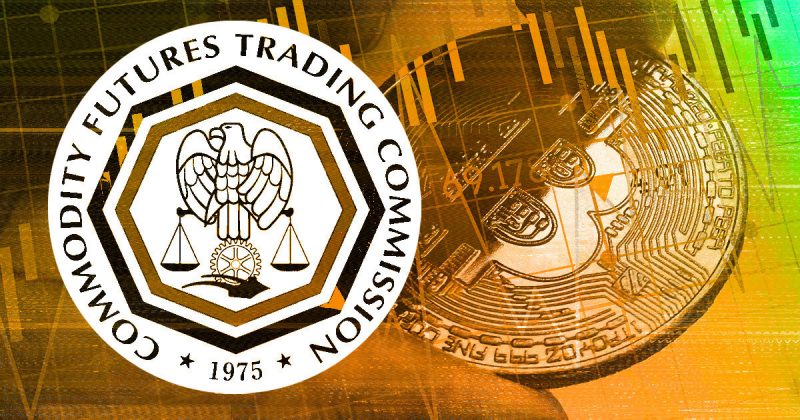At an invite-only crypto event at Princeton University, CFTC (Commodity Futures Trading Commission) Chair Rostin Behnam said that the only crypto that should be considered a commodity is Bitcoin (BTC). The statement indicated a change in the CFTC’s stance after it previously said that Ethereum (ETH) was also a commodity.
During his talk, Behnam also stressed the necessity for legislation and the risks associated with an unregulated crypto sector. Behnam’s CFTC has been under fire after FTX’s demise for its connections to the exchange and its founder Sam Bankman-Fried (SBF). According to SBF, he spoke with the commission for “tens of thousands” of hours on a plan to let users execute trades using money obtained directly through FTX rather than a broker.
Bitcoin (BTC), being called a commodity by the CFTC, was hailed by the crypto community. BTC maximalist Micheal Saylor was quick to share the news on his Twitter handle.
Is Bitcoin a commodity?
BTC’s status as a commodity is still debated among agencies, investors, and users. In a recent blog, the ECB (European Central Bank) said that Bitcoin was not a commodity. Additionally, the blog stated that BTC “does not generate cash flow (like real estate) or dividends (like equities), cannot be used productively (like commodities) or provide social benefits (like gold).”
One of the main arguments, left by the absence of regulation, has been whether various cryptocurrencies should be categorized as commodities or securities. The SEC (Securities and Exchange Commission) and the CFTC are still not in consensus over the definition of cryptocurrencies such as Bitcoin and Ethereum.
The SEC is currently in a legal battle with Ripple over the alleged sale of unregistered securities. The former director of the SEC’s Division of Corporation Finance, William Hinman, claimed in a speech that Ethereum had changed from a security to a non-security. The speech has become one of the central defenses for Ripple. The outcome of the lawsuit will bring much-needed light to how crypto markets should be regulated and by whom.





